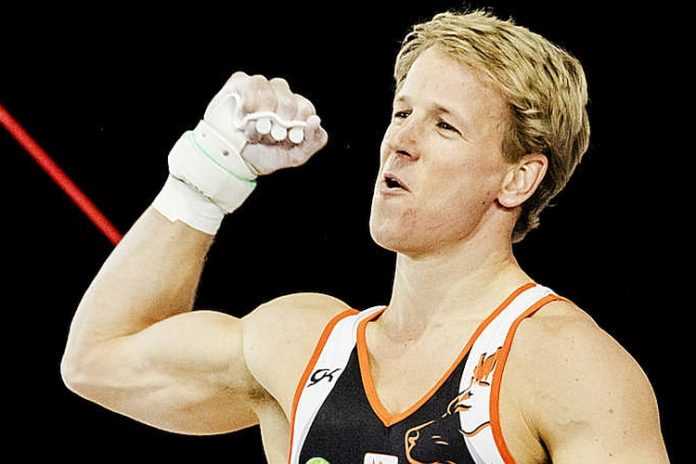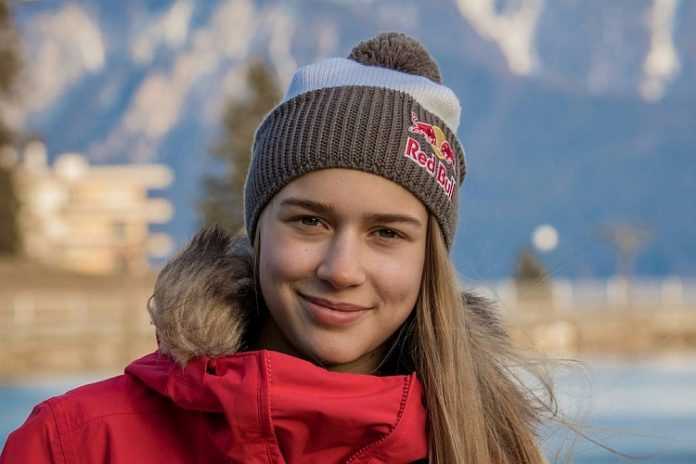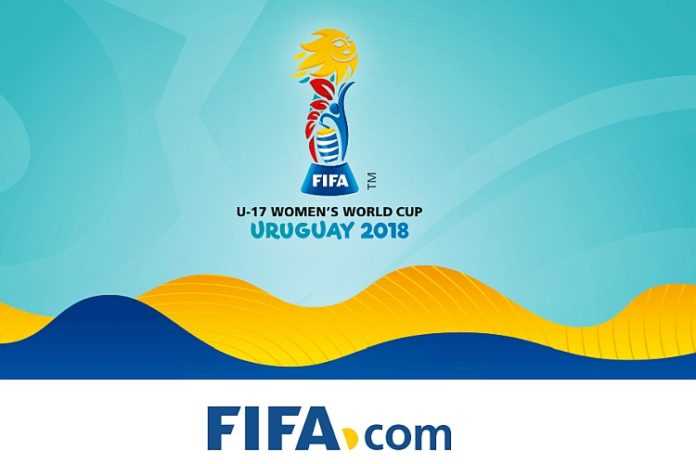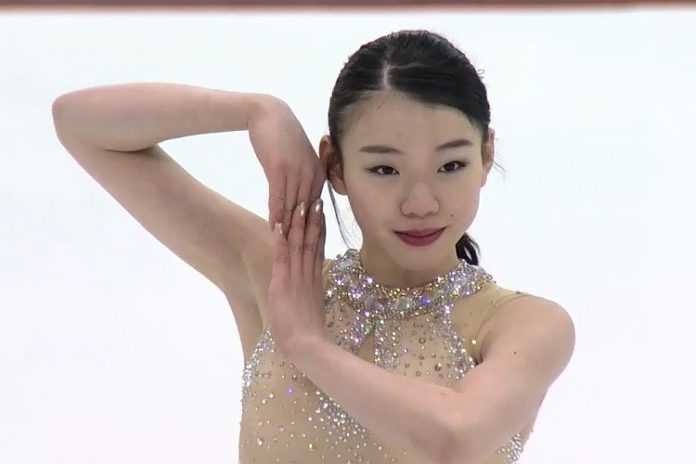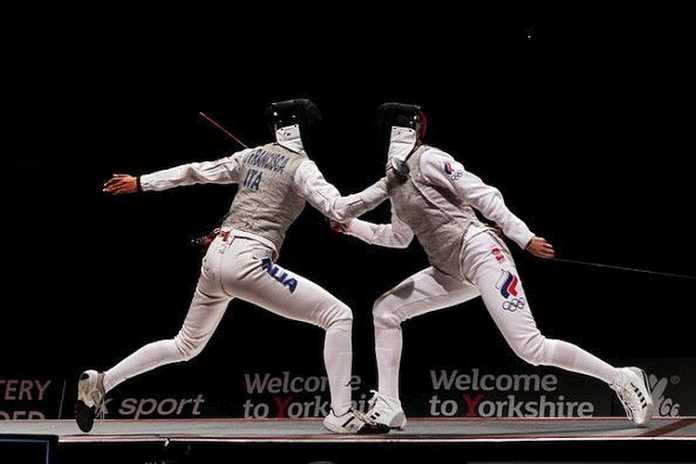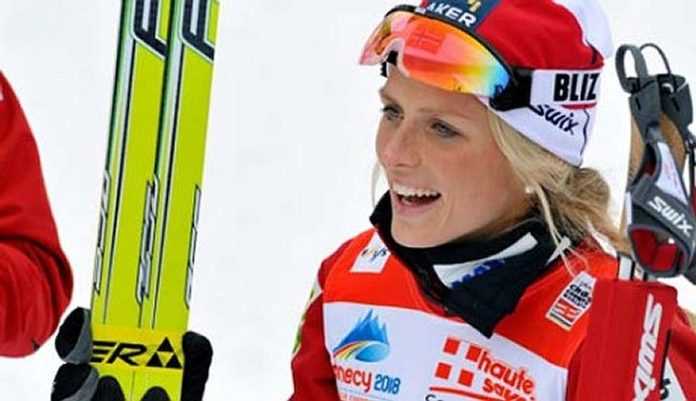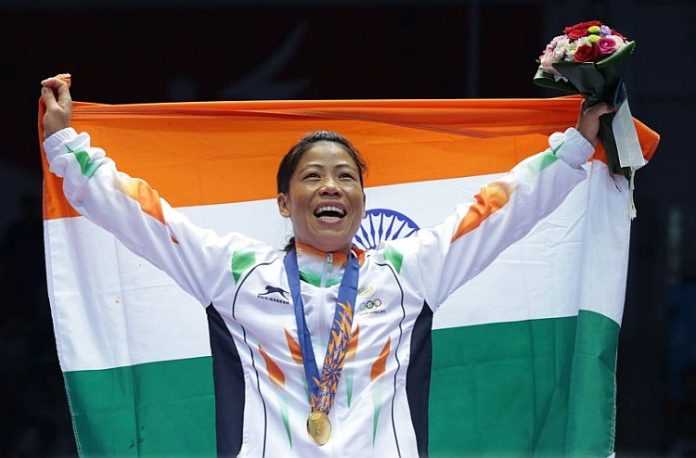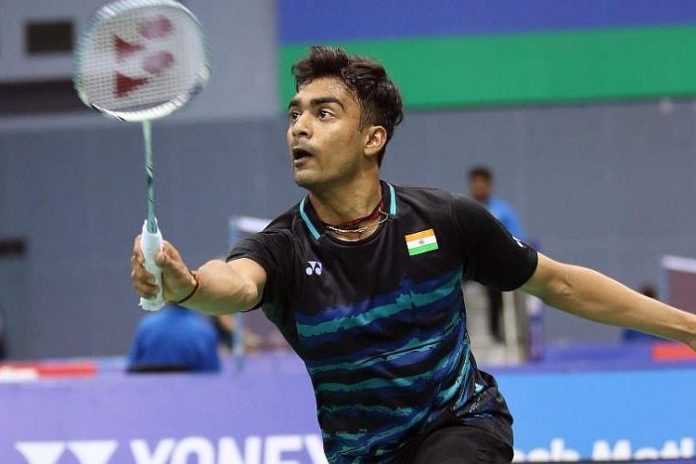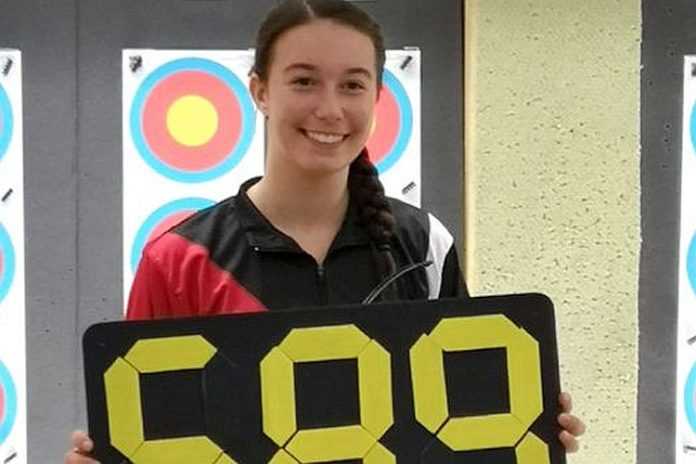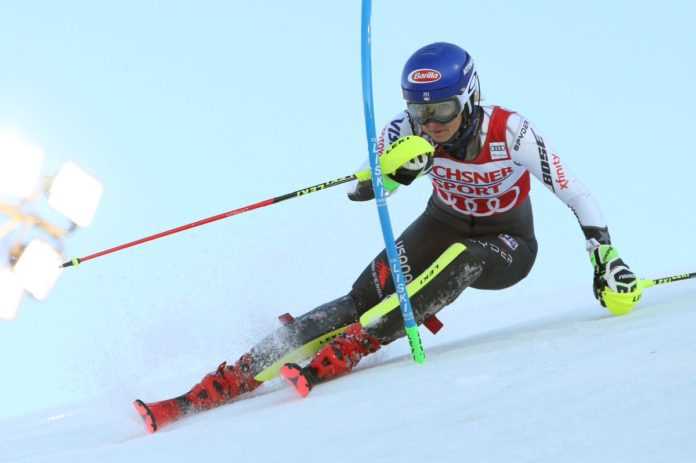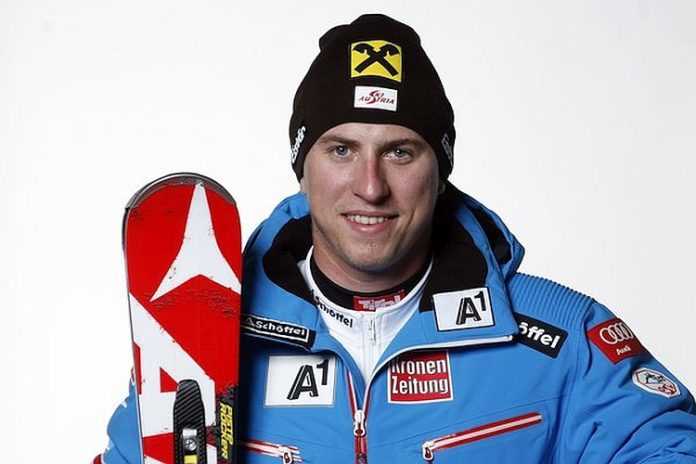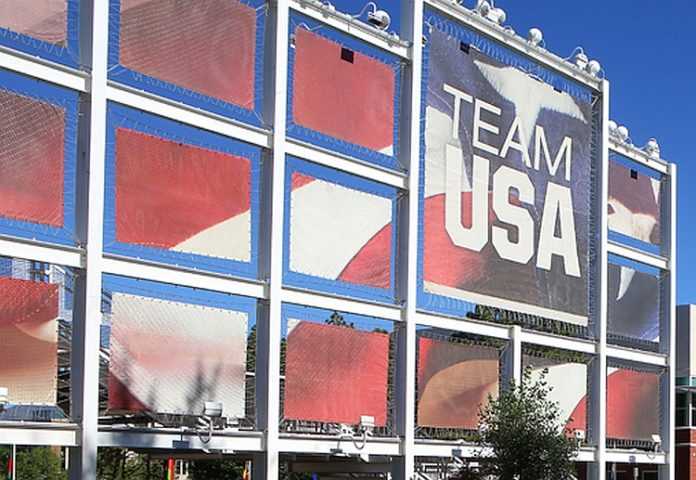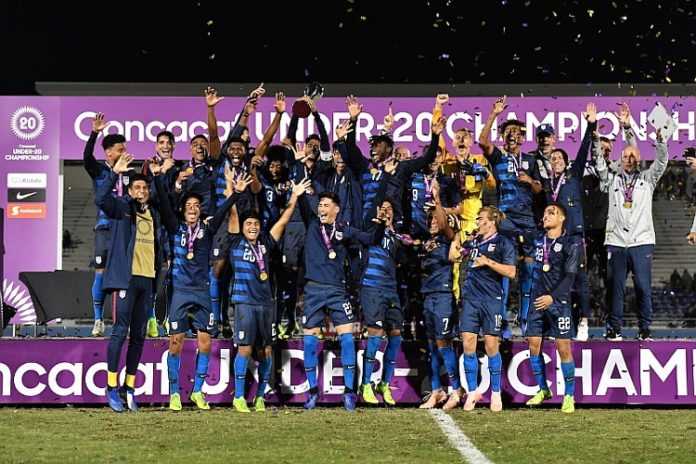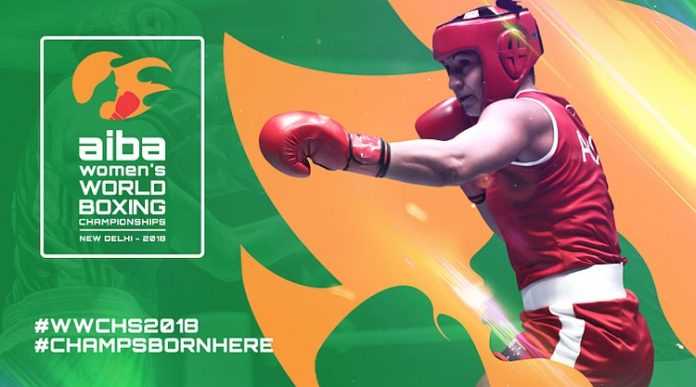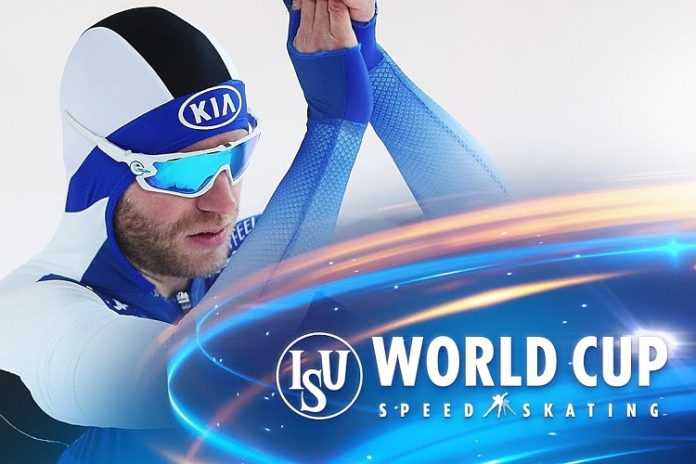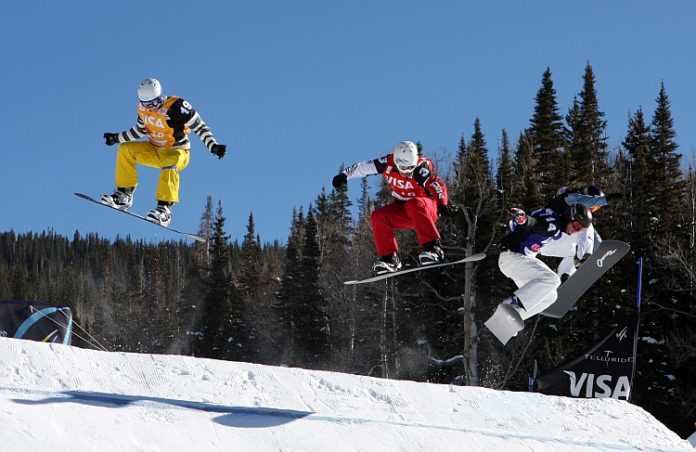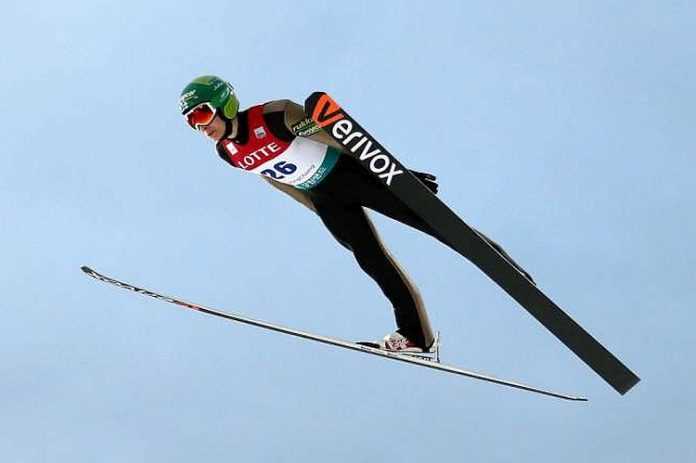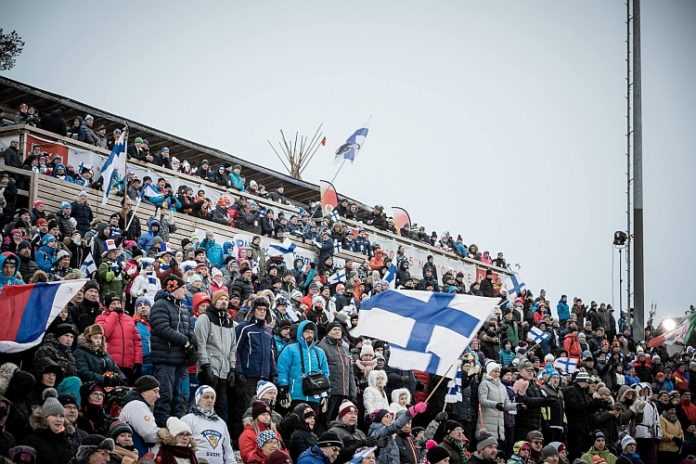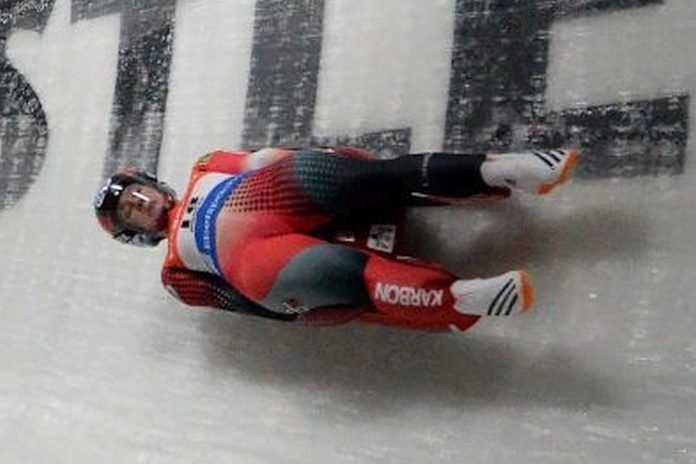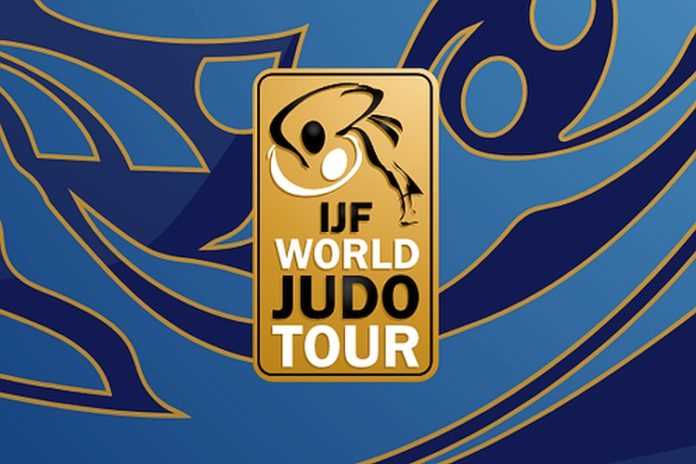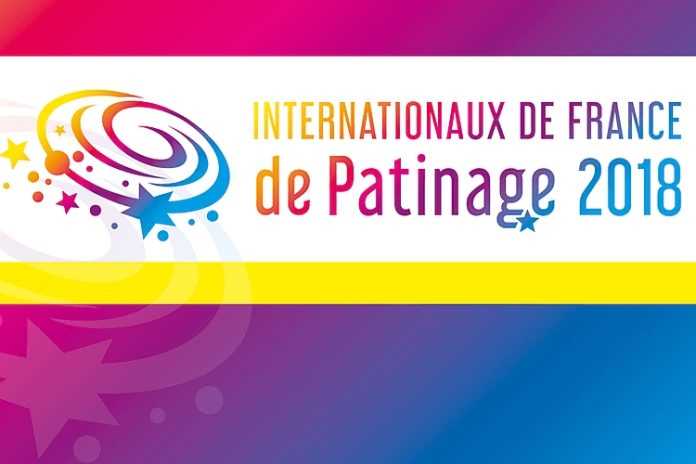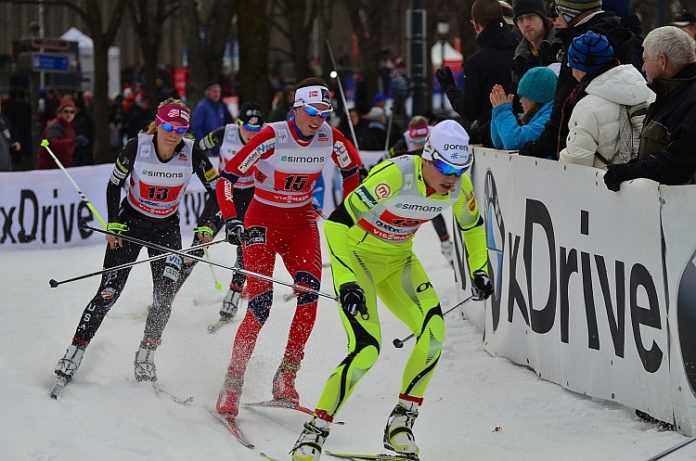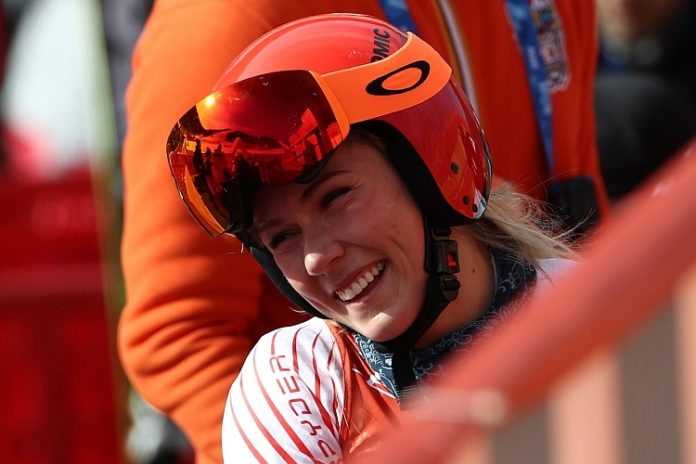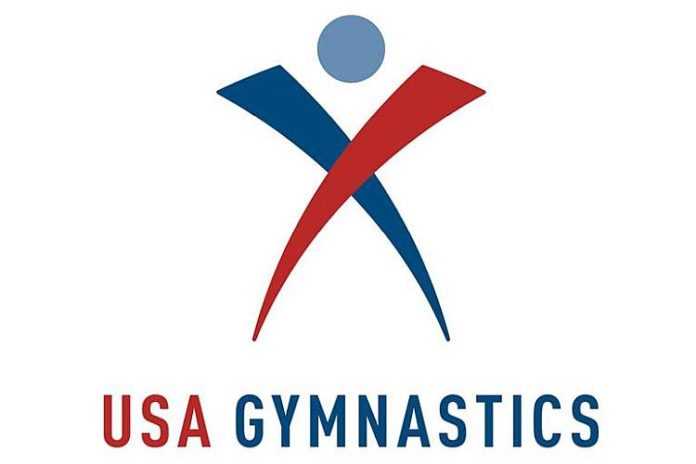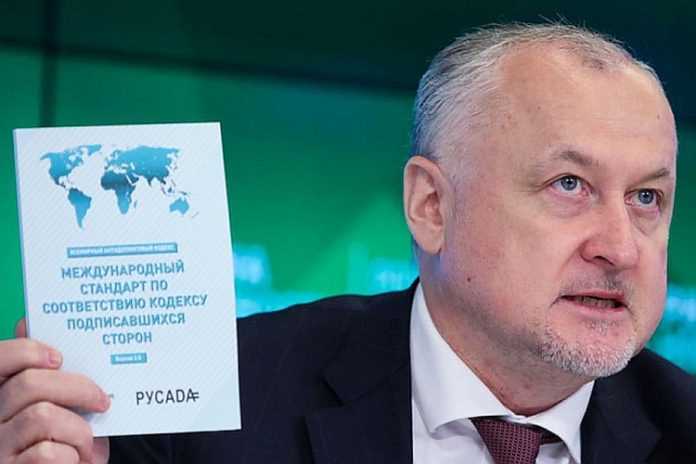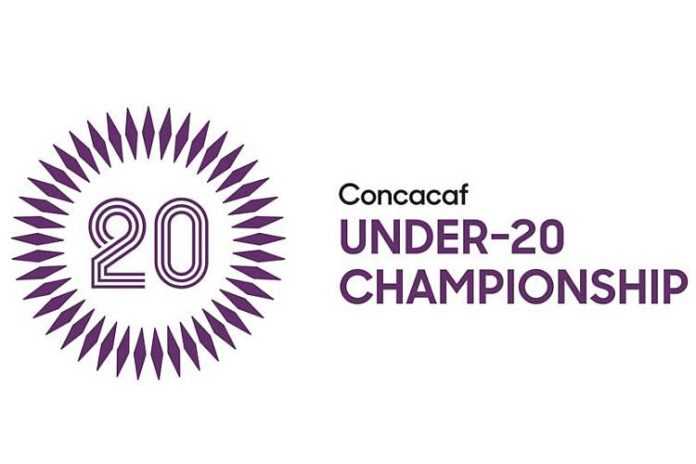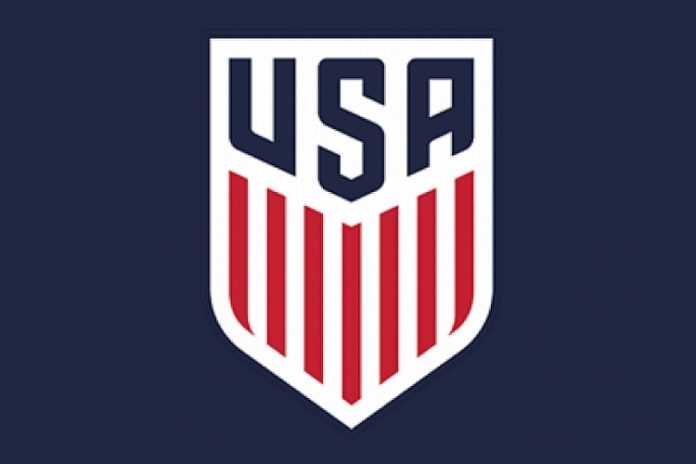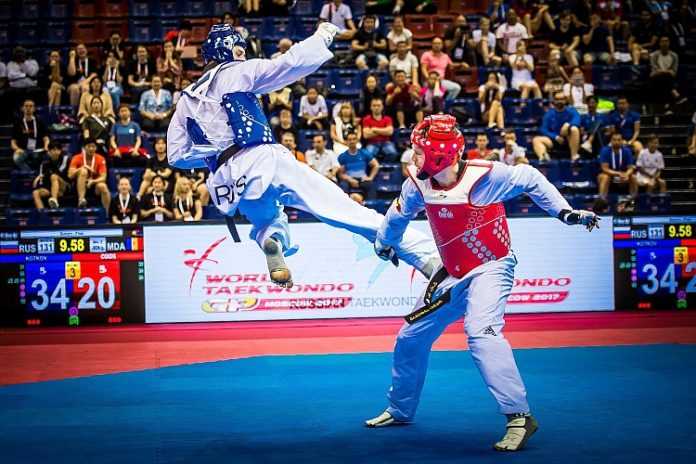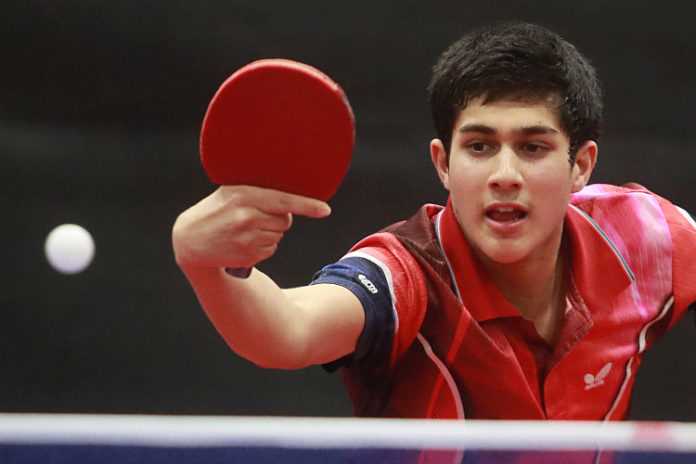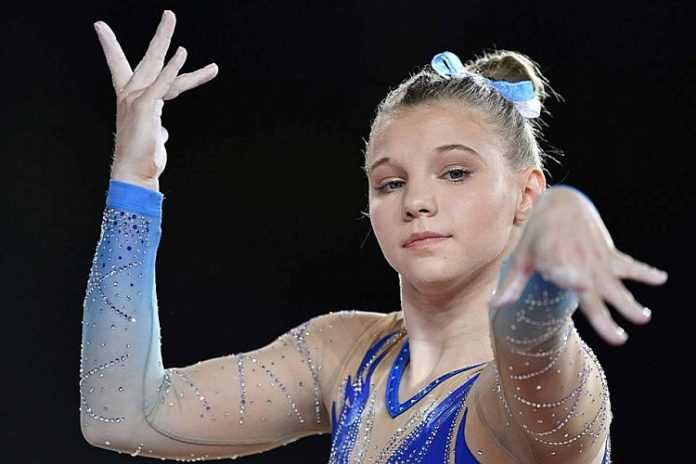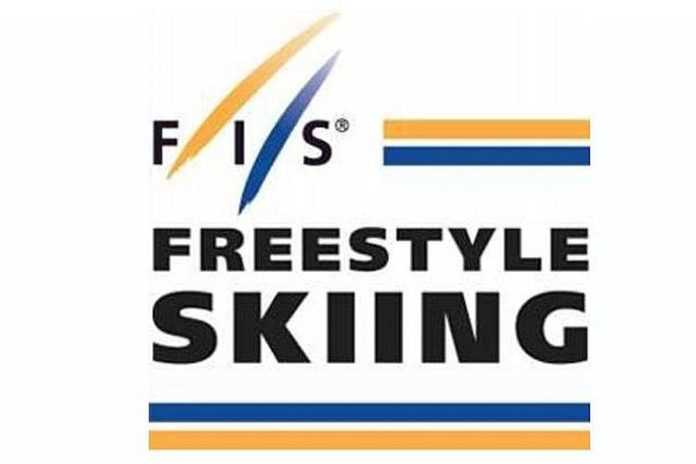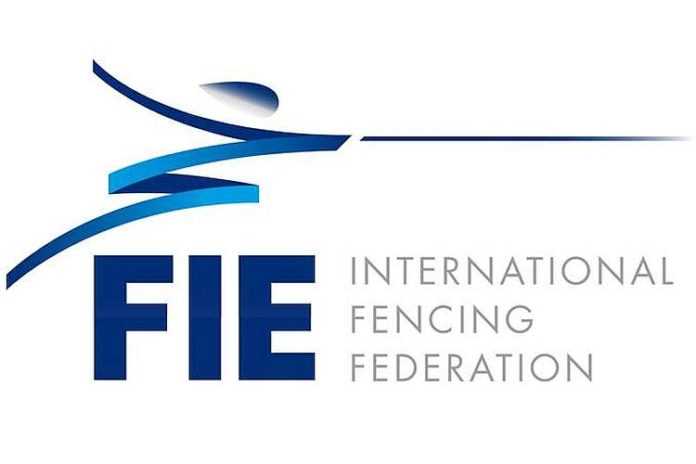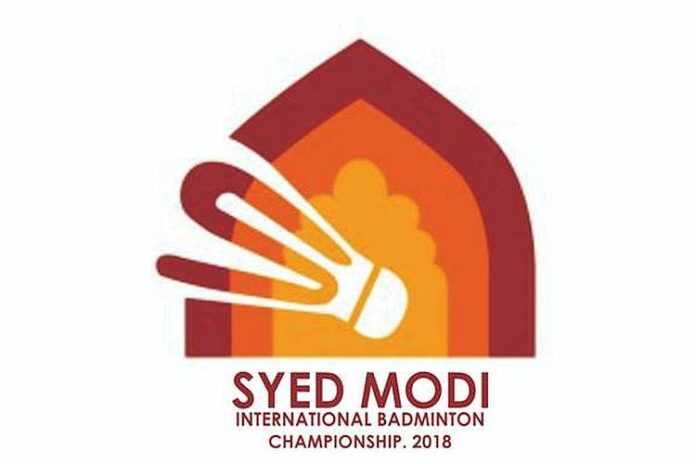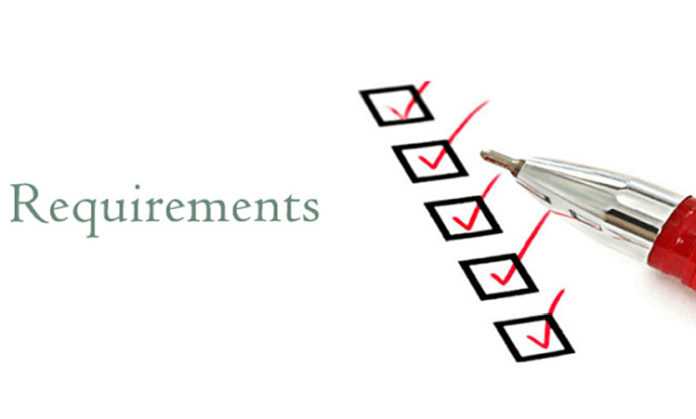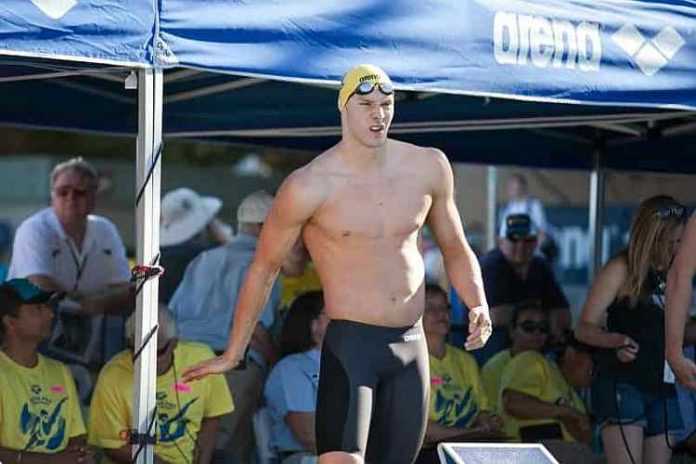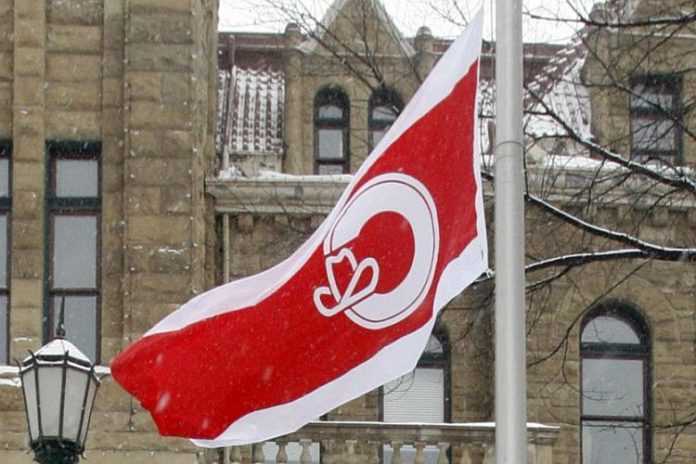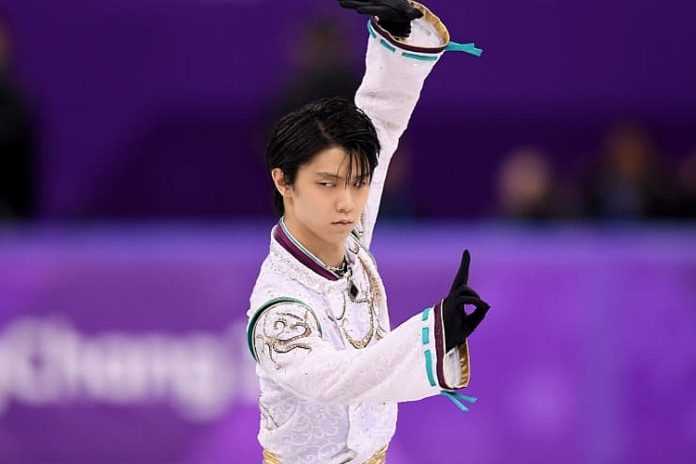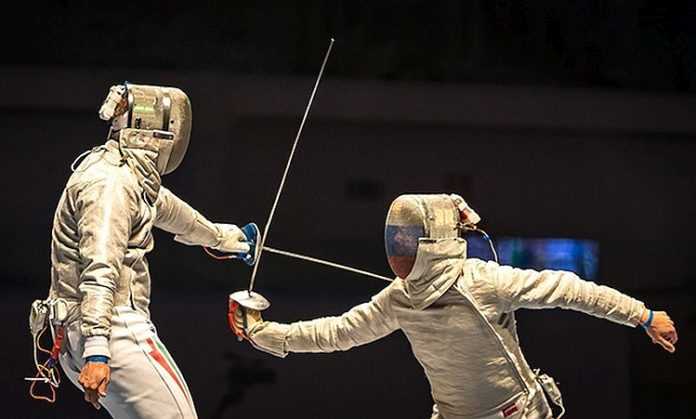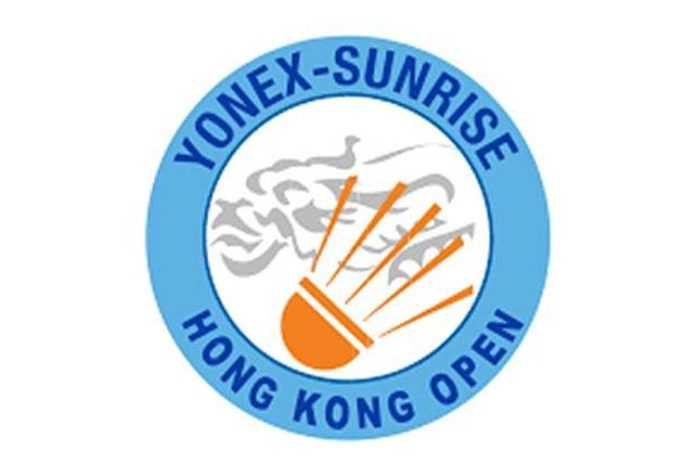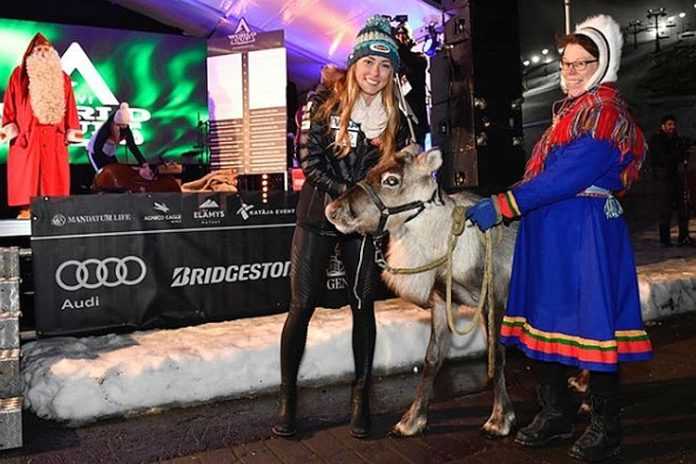Since the Russian doping scandal exploded in 2015, a series of organizations have tried to deal with the fallout, including what to do with currently-competing Russian athletes.
What we have seen in the past three years is a slow and steady evolution of the bureaucratic responses to this shock and which has now reached its third stage with the announcement of a comprehensive, 12-point protocol issued by the International Biathlon Union.
∙ Stage One: The IOC and IPC
The first response came from the International Olympic Committee and International Paralympic Committee, which had to deal with the eligibility of athletes for the 2016 Olympic and Paralympic Games.
The IOC punted, pleading that time constraints made it impossible for it to make a blanket judgement and allowed each international federation to decide which, if any, Russian athletes it would allow to compete in Rio. Nearly all of the federations allowed the Russians in en masse, but the International Association of Athletics Federations (IAAF: track & field) and the International Weightlifting Federation (IWF) banned the Russian teams. The IAAF allowed one Russian, long jumper Darya Klishina, to compete, since she trained in the U.S. and was drug-tested by the U.S. Anti-Doping Agency.
The Paralympic folks had no such reservations and banned Russia from the 2016 Paralympic Games.
∙ Stage Two: The IAAF and IWF
In the aftermath of the 2016 Rio Games, the individual federations has more time to react to the Russian scandal. Many continued to do nothing, but the IAAF and IWF have been vigorous in their reactions.
The IAAF suspended the Russian Athletics Federation in November 2015 and it is still under suspension. Further, a, IAAF Task Force under the leadership of Rune Andersen (NOR) was set up to guide Russia back to compliance and re-integration. The Task Force is continuing its work and the IAAF has noted that even with the September announcement that the World Anti-Doping Agency has declared the Russian Anti-Doping Agency (RUSADA) to be compliant, the IAAF still requires more: acknowledgment of the truth of the McLaren and Schmid Commission reports, access to the raw testing data of the RUSADA Moscow laboratory, and payment of the IAAF’s costs for the effort (the current bill is $2.76 million). The IAAF’s next review of the Russian situation will come at its Council meeting in September.
In the interim, the IAAF set up a panel to allow individual Russian athletes to petition to compete internationally. The number of these “Approved Neutral Athletes” reached 72 this year.
The IWF is facing expulsion from the Olympic Games as a result of the doping flood from the 2008 and 2012 Olympic events and a disastrous 2015 World Championships, which had 24 doping positives, leading to a one-year suspension for nine nations.
The federation reacted strongly, changing its rules so that any national federation to have three or more doping violations in a single year can be suspended for up to four years, and must pay a fine of as much as $55,000 per violation. In addition the number of entries from Russia and other countries guilty of numerous doping violations was limited to just two – one man and one woman – for the 2020 Games.
∙ Stage Three: The International Biathlon Union (IBU)
These incremental responses by individual federations to the Russian doping schemes of 2011-15 have created a pool of possible sanctions for systemic cheating which appear to have come together in the newest sanctions program, created by the International Biathlon Union (IBU).
The IBU has been stung by Russia repeatedly. In 2009, three Russians were barred from the Biathlon World Championships for doping and then-IBU President Anders Besseberg (NOR) said, “We are facing systematic doping on a large scale in one of the strongest teams of the world.”
Fast forward to 2018 and Besseberg and IBU Secretary-General Nicole Resch (GER) were alleged to have accepted bribes totaling as much as $300,000 to cover up Russian doping positives. Resch is still suspended and Besseberg’s term as IBU President ended and he was replaced by Swede Olle Dahlin, who promised reforms.
The Russian Biathlon Federation (RBU) had its voting rights suspended at the IBU Congress in September, but its athletes are allowed to compete in international competitions. But more had to be done.
Last Friday (15th), Dahlin went to Moscow and presented a comprehensive set of criteria for Russia to return to full membership in the IBU and the conditions were not limited to political reform. The 12-point IBU plan is now the furthest evolution in the protocol for dealing with rogue countries or teams which commit systemic violations of the anti-doping code. The 12 points:
1. The RBU must commission, at its expense, a one-year drug-testing program by the International Testing Agency, the newly-formed, independent testing group now in operation, of all Russian biathletes eligible to compete at the international level.
2. The RBU must reimburse the IBU for all of its costs to date for the various investigations which it has either initiated or had to respond to concerning Russian doping.
3. The RBU will pay for and “support” medal ceremonies for the athletes who will receive World Cup or World Championships medals because of disqualifications of Russian athletes caught for doping.
4. The RBU will be required to have a representative on the IBU Medical Committee, so that it cannot say it was uninformed of the discussions and regulations regarding doping.
5. The RBU must set up, in coordination with the Russian Anti-Doping Agency, the IBU and the International Testing Agency, an education program for medical personnel who work with Russian athletes, including how to use the IBU Whistleblower program.
6. The RBU must create a similar program for RBU staff, coaches, athletes and athlete-support staff, run by external experts from the World Anti-Doping Agency and others. This must be a continuing education program, requiring certification of attendance in order to allow competition in international events.
7. The RBU must hire a dedicated anti-doping officer.
8. Access to the “raw analytical data” of the Moscow Laboratory and EPO chromatograms is required so that any further doping positives can be identified.
9-11. The RBU must continue to comply with the World Anti-Doping Code and the IBU Anti-Doping Rules.
12. The RBU must cooperate with the IBU to reveal any further details or prior doping positives which may have been covered up.
Said Dahlin, “the IBU has presented clear and firm criteria for the RBU’s reinstatement which reflect the absolute necessity to protect clean athletes and guarantee a level playing field. The criteria will also ensure the RBU puts effective structures in place that will prevent the issues of the past from happening in the future.”
This is a pretty comprehensive plan, at least on paper, and brings together many of the individual requirements or sanctions which have been imposed by others. Dahlin and the IBU Working Group have created the best checklist to date of actions to take against a federation which makes doping a part of its program for success.
Let’s hope it is successful.
Rich Perelman
Editor
























